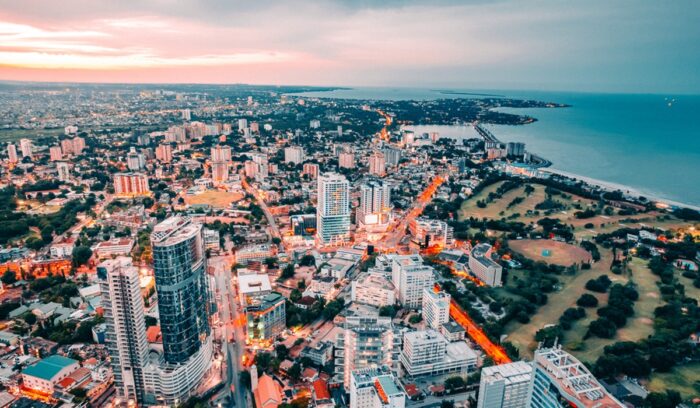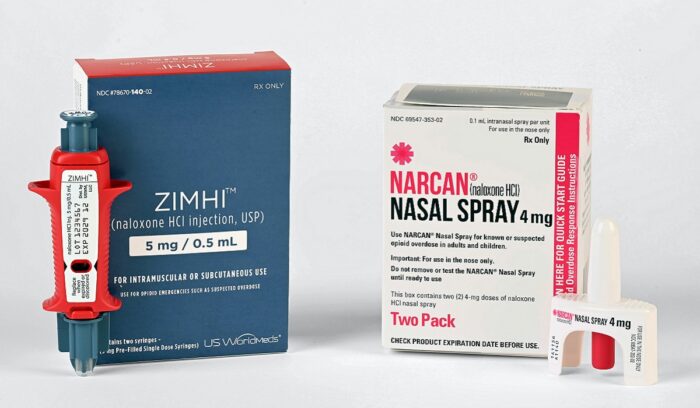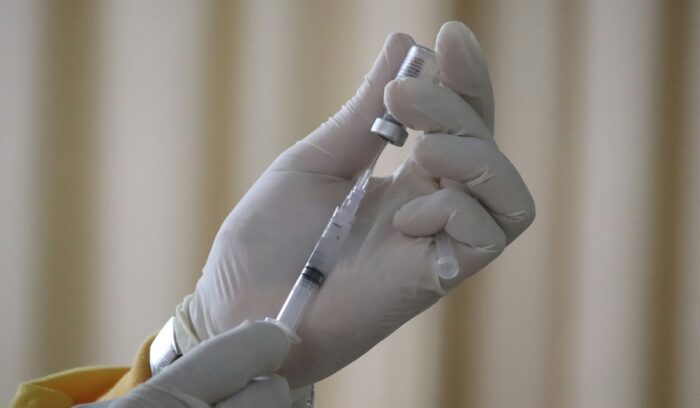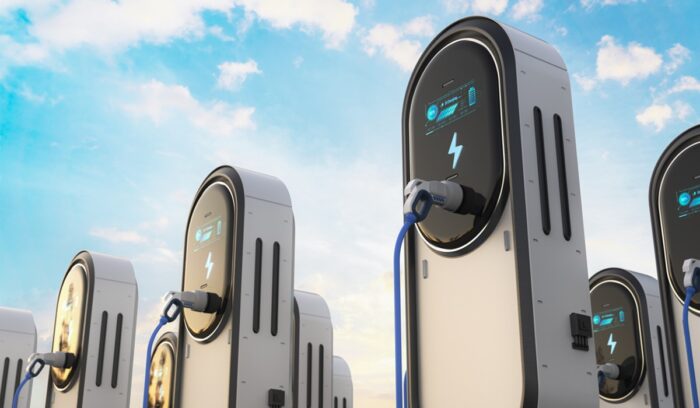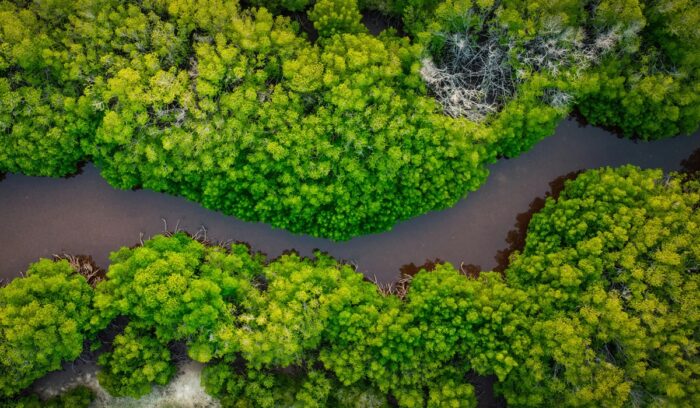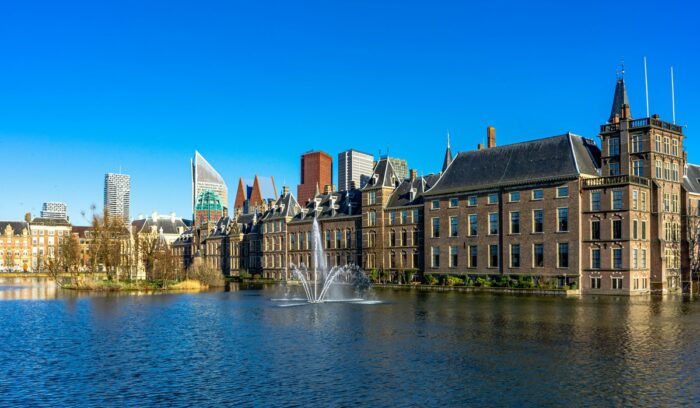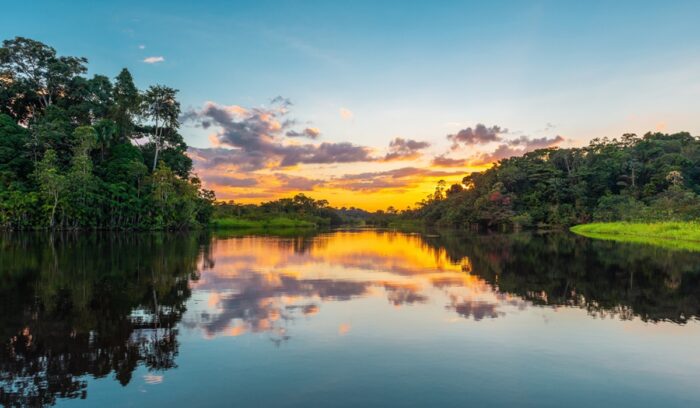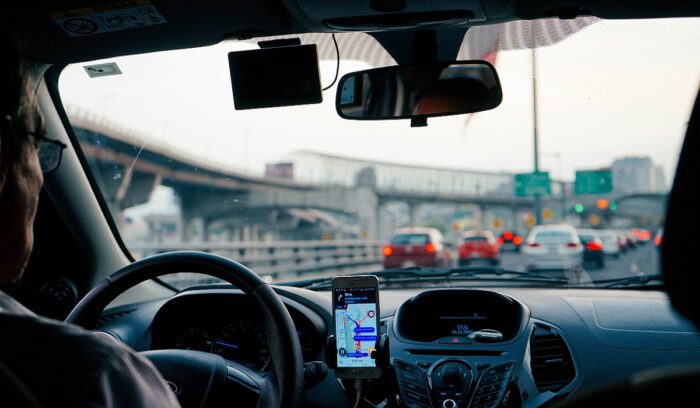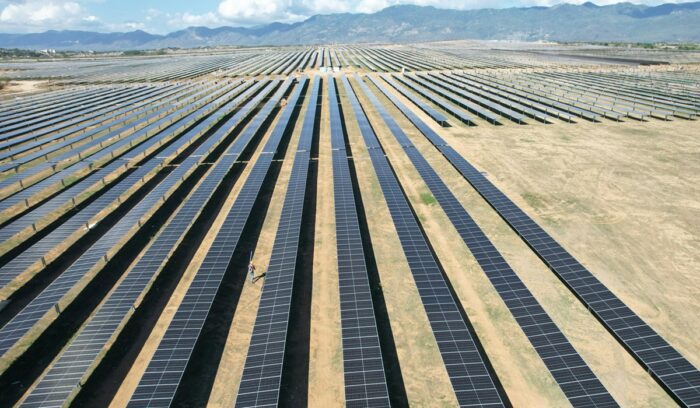Bus rapid transit stations in Dar es Salaam, Tanzania are getting EV charging stations
Tanzania has one of the most advanced Bus Rapid Transit systems on the African continent. Known as the DART, Dar Rapid Transit Agency began operations in 2016 and has 29 stations around Tanzania’s largest city, Dar es Salaam. In a significant step towards promoting sustainable transportation in Tanzania, the DART has signed a landmark contract with TRÍ to install an advanced electric charging system within the DART infrastructure.

